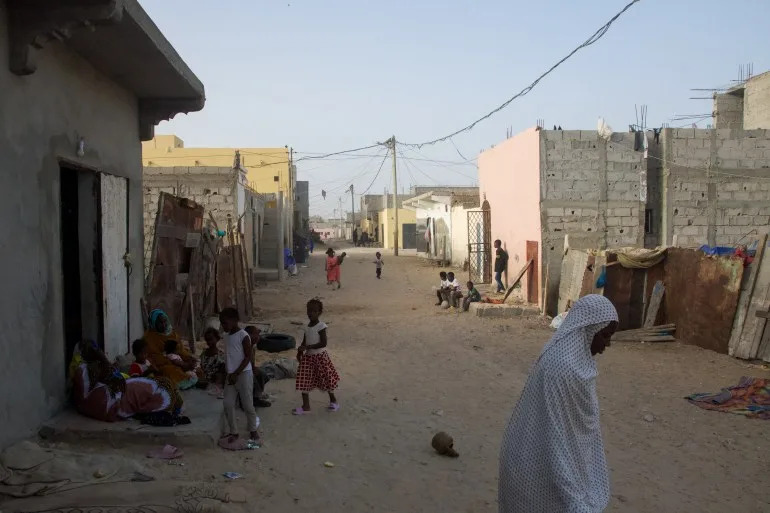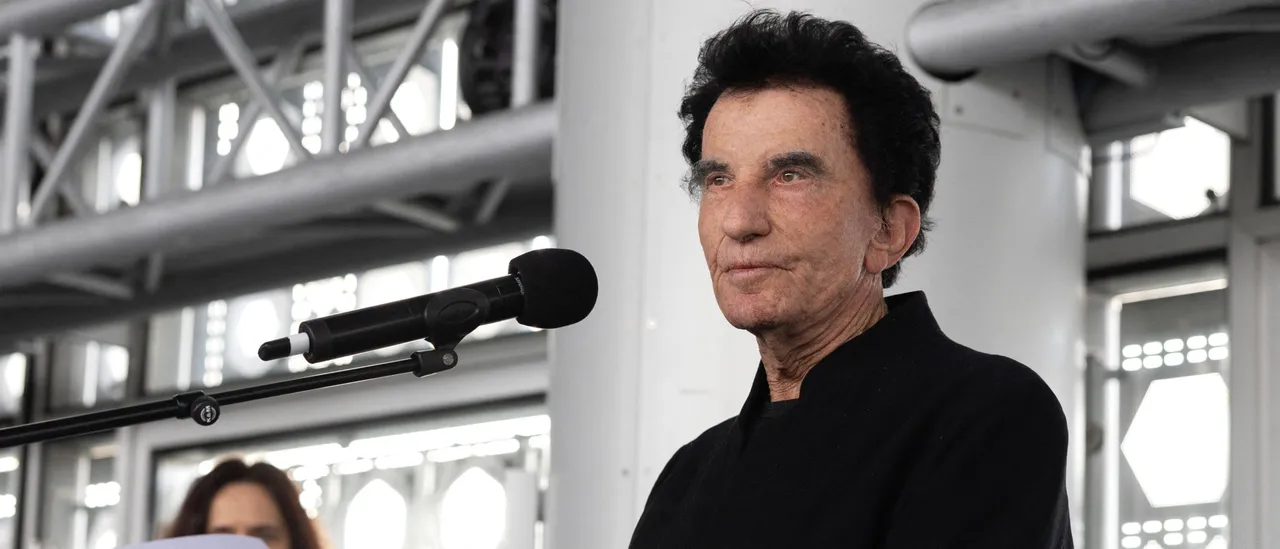In a significant crackdown on migration, Mauritania has initiated a mass deportation campaign targeting thousands of African migrants. This operation, which intensified in August 2023, has led to widespread fear and uncertainty among the migrant population, particularly in cities like Nouadhibou, where many had sought better economic opportunities.
Omar, a 29-year-old bricklayer from Gambia, arrived in Nouadhibou in March 2023, drawn by the promise of higher wages. He quickly adapted to life in this coastal city, sharing a one-room shack with friends and working as a casual labourer. However, the landscape shifted dramatically when the National Guard began rounding up undocumented migrants for deportation. Omar, lacking a residence permit, halted his work and confined himself to his housing compound, fearing arrest.
The police raids, which occurred both day and night, left migrants like Omar in dire circumstances. They faced not only the threat of deportation but also severe shortages of food. “All the emotions I go through in one day are hard to explain,” he shared in an interview. As resources dwindled, Omar and his housemates subsisted on meager portions of rice, often supplemented by occasional fish caught under the cover of darkness.
The Mauritanian Association for Human Rights (AMDH) reported that around 1,200 migrants were deported in March 2023 alone, with a significant number holding valid residence permits. Despite the government’s assurances that deportees would receive humane treatment, many accounts suggest otherwise. The Interior Minister, Mohamad Ahmed Ould Mohamed Lemine, defended the government’s actions in parliament, asserting their right to manage foreign presence while emphasizing respect for human dignity.
In the backdrop of this crackdown lies a broader context of migration management supported by the European Commission. In February 2024, a €210 million ($248 million) migration partnership deal was announced to bolster Mauritania’s capacity in controlling migration flows. Critics, however, argue that this externalization of border control contributes to the rights violations faced by migrants.
With the ongoing deportations, migrants have increasingly reported extortion and police harassment. An Ivorian construction worker recounted being arrested multiple times and having to pay bribes to secure his release. The constant threat of arrest has forced many to remain in hiding, unable to earn a living or return home.
The situation is particularly dire for women and children who have also been swept up in the raids. Mariam, a mother of two from Sierra Leone, was detained while seeking medicine for her ill child. She described the conditions in detention as inhumane, stating that her children received minimal food during their time there.
Transported from Nouadhibou to detention facilities in Nouakchott, migrants often face additional hardships. Many are chained during transport, and upon arrival, they undergo fingerprinting before being released into a holding area near the Senegalese border. Those without proper documentation face the risk of being stranded, as border guards often deny entry back into Senegal.
Despite the harsh realities of deportation, some migrants, like Omar, express a desire to return to Mauritania if conditions improve. “If they stop deporting people, I’ll go back,” he stated, reflecting the complex emotions many feel about their precarious situations.
As Mauritania’s government continues its controversial deportation campaign, the plight of migrants remains a pressing issue, drawing criticism from human rights organizations and raising concerns about the treatment and rights of those seeking better lives in foreign lands.







